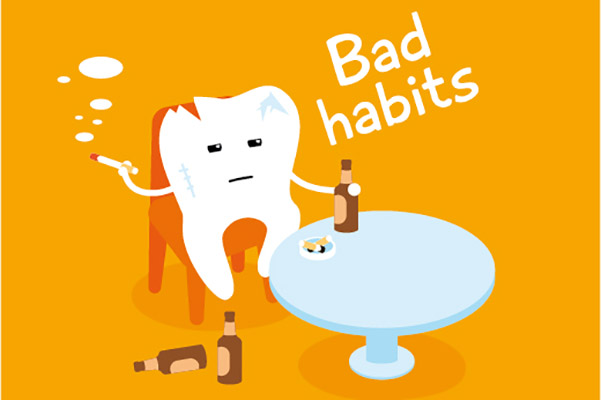4 Preventative General Dentistry Treatments for Any Age

General dentistry visits allow for routine dental care, as well as preventive measures. Patients of all ages can greatly benefit from regularly seeing a general dentist. Regular appointments give the dentist a chance to check for abnormalities and catch any warning signs early on. Preventive treatment can then take place to ensure good oral health is maintained.
Children and adults alike can undergo certain treatments or procedures to prevent things like gum disease, cavities or other types of infections.
What happens at a preventive general dentistry visit?
Outlined below are some of the preventive treatments that may be administered at a general dentistry office.
1. Dental bonding
Dental bonding is a common general dentistry procedure that can be used to protect against damage. General dentists often perform dental bonding on younger patients to help prevent cracks, chips and cavities as the teeth develop. In some scenarios, dental bonding can also be used on adult teeth.
Dental bonding is a procedure in which the general dentist uses dental cement to cover the entire tooth. The cement will be made to match the patient’s tooth color so that there are not any inconsistencies. Once the cement is put onto the enamel, the dentist will shape it accordingly to fit the tooth. Then, the patient will be required to sit for a few minutes to let it set in. Lastly, a curing light will be used to harden the cement.
2. Fluoride treatment
Fluoride treatments are typically administered during a general dentistry visit every six months. However, some patients may require them more frequently. Fluoride helps to remineralize the enamel, which improves its strength and durability. A stronger enamel will be more likely to fight against cracks, chips and decay.
Fluoride treatment is typically a quick procedure. The patient can expect to wear a tray with fluoride gel or have a liquid painted onto the teeth. They will then have to wait for a few minutes to allow the fluoride to take effect.
3. Scaling and root planing
Another common general dentistry procedure used for preventive measures is scaling and root planing. This type of procedure is done commonly to prevent gum disease and gingivitis. General dentistry offices usually perform this procedure on adults because they are at higher risk of developing problems with their gums.
4. Dental filling
One of the most common general dentistry procedures that work to prevent serious oral health problems is dental fillings. In general, fillings are done to treat teeth that have minor cavities. When a general dentist is able to detect cavities early on, they can perform a dental filling procedure to prevent it from worsening.
Cavities are common in both children and adults. Excessive sugar consumption paired with poor oral hygiene often results in cavities.
Ready to prevent oral health issues?
Preventive treatments in general dentistry can go a long way for a patient who is at high risk of developing an oral condition. Both children and adults can benefit greatly from regularly seeing a general dentist. Questions or concerns regarding preventive treatments should be addressed by a general dentist. Contact us today to schedule a consultation.
Request an appointment here: https://www.gledhilldental.com or call Gledhill Dental at (509) 800-8410 for an appointment in our Kennewick office.
Check out what others are saying about our services on Yelp: Read our Yelp reviews.
Related Posts
Teeth whitening treatments are an effective way to improve the color of your teeth significantly. These treatments consist of using chemicals with bleaching properties like hydrogen carbamide or hydrogen peroxide to remove stains from the inner and outer layers of teeth.The types of stains teeth whitening treatments are effective on include the yellow stains teeth…
Having a firm understanding of oral hygiene basics can prevent tooth decay, gum disease, and general oral discomfort. Human beings go through life developing a range of habits that impact oral health, some of which are good and some of which are bad. Avoiding these damaging behaviors promotes strong teeth and gums that can last…
Teeth whitening treatments can get you noticeably whiter teeth in less than an hour. They are one of the most popular cosmetic treatments and involve using compounds with bleaching properties like hydrogen carbamide or hydrogen peroxide to take off stains from the outer and inner layers of your teeth.There are numerous ways to go about…
Seeing a general dentist for regular checkups should be part of your dental care routine. This dental professional can help maintain and even improve your teeth and gum health. Asking the right questions can help you know more about proper oral care. Below are some of the questions you can ask your general dentist during…


